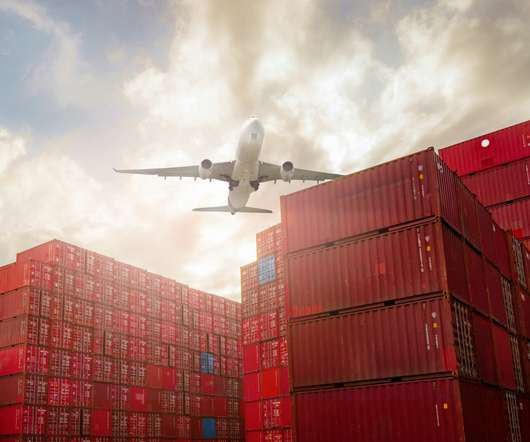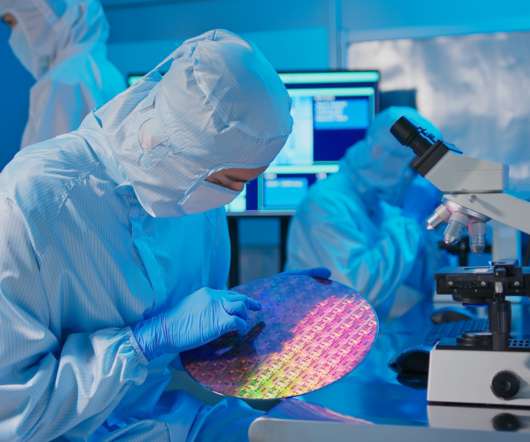100+ Supply Chain Crisis Statistics: Raw Materials, Covid-19, Labor Shortages, and More
ToolsGroup
APRIL 1, 2022
Taiwan Semiconductor Manufacturing (TSMC), the company that makes the majority of latest-generation chips for Apple products, has committed to increasing capacity by spending $100 billion across the next three years, and building new factories in Arizona and Japan. Wall Street Journal ). Deloitte Global). Wall Street Journal ). McKinsey ).















Let's personalize your content